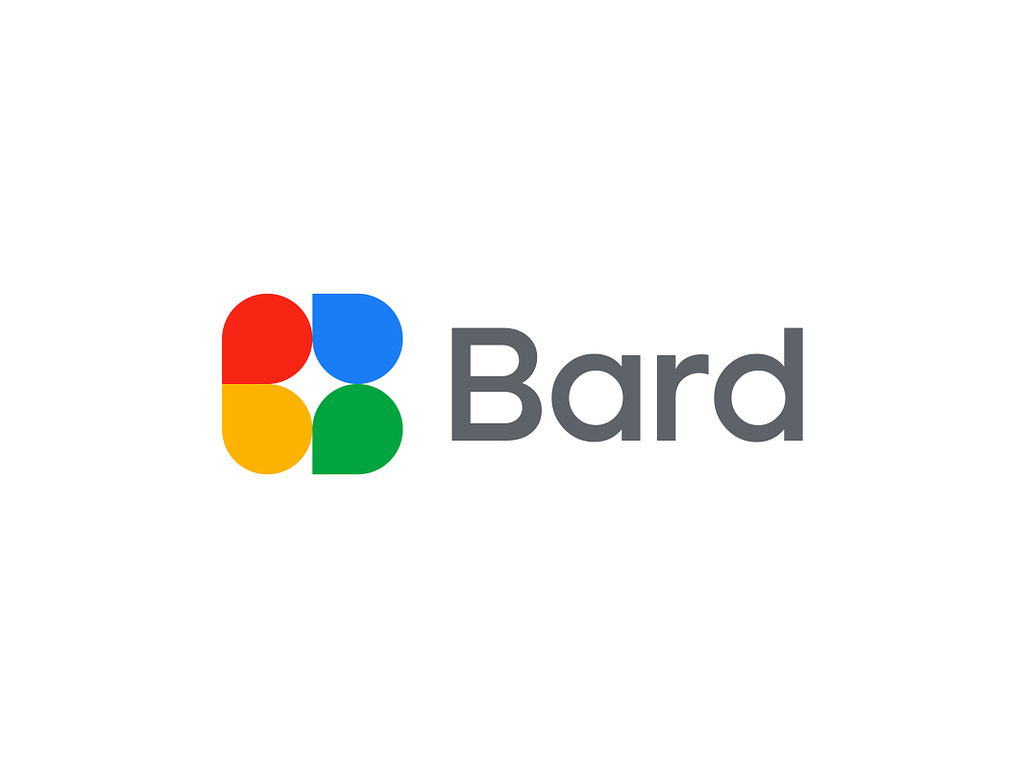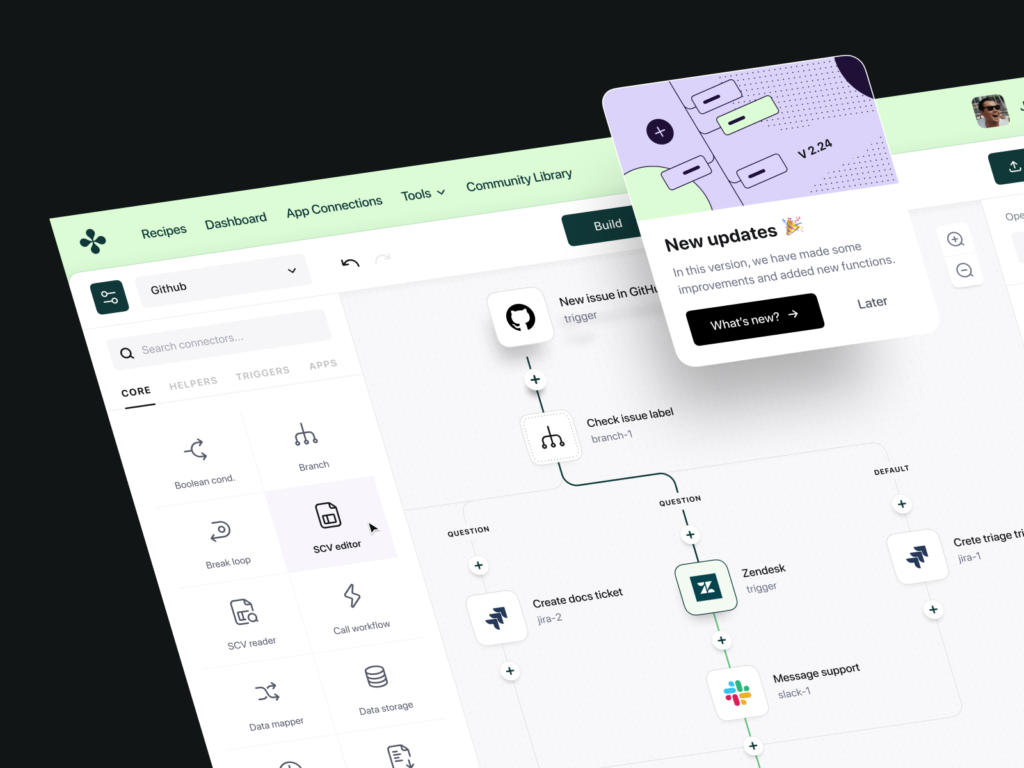The countdown to 2024 has begun, and a multitude of aspiring entrepreneurs are gearing up to embark on their startup trends journeys in the upcoming year.
These visionary individuals are venturing into a world still grappling with the aftermath of the Covid-19 pandemic, even as three years have elapsed since its commencement. The invaluable lessons of that period continue to shape our actions and decisions.
The conventional 9-5 office paradigm is undergoing a remarkable transformation, gradually yielding to a more adaptable and fluid work model. Simultaneously, the landscape of leadership is undergoing a profound evolution, reshaping traditional notions.
Amidst this backdrop of change, the global panorama remains dynamic and uncertain, characterized by economic fluctuations and the tantalizing emergence of groundbreaking technological advancements.
For fledgling startups preparing to set sail in 2024, the journey might seem daunting. However, a compass for navigation lies in understanding the prevailing startup trends.
In the pages ahead, we will delve into the currents of these trends, exploring the intricate interplay of technology, strategies, and methodologies that startups would be wise to observe and embrace throughout the impending year.
1. Evolution of Generative AI
The ongoing surge in digital advancement has marked the trajectory of recent years, and as we look toward 2024, this trend remains steadfast.
A key avenue through which startup trends are poised to advance is the realm of generative AI.

The term ‘Generative AI’ encompasses a wide spectrum of possibilities. At its essence, it signifies unsupervised machine learning algorithms, capable of crafting novel entities based on their accumulated knowledge.
Consider, for instance, a generative AI specialized in coding, capable of generating intricate code that matures in complexity as the AI ‘learns’. Such capability holds promise for bug rectification and feature enhancement within applications.
It’s worth acknowledging the potential pitfalls associated with generative AI, as its misuse has been linked to issues like deep fakes and false narratives. However, harnessed judiciously, it boasts a plethora of constructive applications:
Generative AI stands as a powerful tool for automating the monotonous and iterative tasks of digital creation. Whether refining images or audio files, it delivers impeccable outcomes that would otherwise be arduous and tedious for human engineers. In domains ranging from weather prediction to audience analysis, generative AI swiftly crafts models tailored for testing, facilitating a wide array of applications. Fueling creativity, generative AI offers a wellspring of content ideas spanning blogs, social media posts, and beyond. Although prudent to employ plagiarism detectors to ensure originality. Briskly churning out digital prototypes, generative AI expedites the Research and Development process. Additionally, it excels as a background removal tool, streamlining visual contexts.
As we approach 2024, the landscape of generative AI signifies an evolutionary leap for startup trends, promising both innovation and challenges on the path to leveraging its potential.
2. The Ascendance of NFTs
The realm of NFTs (Non-Fungible Tokens) continues to surge in popularity, with a growing presence across diverse sectors. In this context, arts and crafts startups are harnessing their potential to not only generate swift revenue but also foster a loyal clientele.

At the core, an NFT represents an entirely unique digital asset. While often associated with artwork or digital designs, the spectrum of NFT applicability is broad and adaptable. Upon purchasing an NFT, individuals attain ownership of an inherently distinct item, a characteristic that holds immense allure for specific segments of consumers.
The strategic employment of NFTs furnishes startups with avenues for strategic expansion:
Leveraging free NFTs as loss leaders constitutes a strategic move. Although the production and minting costs are relatively minimal, the perceived value to the consumer is substantial. By distributing complimentary NFTs, brands can effectively attract new patrons and foster a cohesive community. The expeditious and straightforward process of NFT minting presents an opportunity for startups to swiftly bolster their profitability through NFT sales. NFTs afford brands a platform to showcase their ingenuity, serving as a dual-purpose channel for creative expression and revenue generation. Furthermore, NFTs can be innovatively employed as captivating alternatives to traditional event tickets. While employing this approach necessitates an adept understanding of NFT marketplace creation, it ensures attendees possess a distinctive keepsake post-event.
As NFTs increasingly dominate the startup landscape, their multidimensional potential stands poised to redefine business strategies, customer interactions, and the fusion of innovation and commerce.
3. Unleashing the Potential of IoT
The realm of the Internet of Things (IoT) transcends more than just interactive kitchen appliances; it transforms the ordinary, making your heating system or even your bicycle a conduit for data.
The IoT has been steadily maturing for some time now. As we approach 2024, its reach and accessibility are poised to expand like never before.
At its core, IoT devices serve as gateways of communication. Each such gateway represents an opportunity to cultivate customer relationships. However, startups need to proceed with caution. Customers may not appreciate their refrigerator suddenly inundating them with unsolicited brand advertisements.
When utilizing the IoT for marketing and communication purposes, granting customers control is paramount. Neglecting this aspect might inadvertently position your brand as overbearing and intrusive – a situation entirely contrary to the goal of nurturing strong brand-customer connections.
Moreover, startups can harness the IoT to optimize business operations. Devices like smart trackers prove invaluable for office management. Intelligent security features stand ready to alert against potential breaches. Small business card readers seamlessly transmit transaction data to your CRM. The IoT can even be employed to dispatch instructions to production machinery or synergize with IoT technology for elevated GPS fleet tracking, enabling remote data transmission and collection.
As we advance into 2024, the realm of IoT unfurls possibilities for startups to revolutionize communication, amplify operational efficiency, and seamlessly integrate technology to enrich brand and customer experiences.
4. Outsourcing the Shield: Enlisting External Expertise in Cybersecurity
The trajectory of business practices has steadily led to the adoption of cloud-based services over the past years. As we enter 2024, a monumental trend is set to take center stage: CSaaS (Cybersecurity as a Service) is poised to revolutionize the landscape.
The significance of cybersecurity cannot be overstated. The escalation of cybercrime, growing increasingly sophisticated with each passing day, underscores its paramount importance. Projections indicate that by 2025, global cybercrime could extract a staggering $10.5 trillion annually from the global economy.
In parallel, the ramifications of cyberattacks have amplified in severity. Regulatory frameworks such as GDPR and CCPA wield stern measures against brands that falter in safeguarding customer data. GDPR, for instance, empowers authorities to levy fines of up to 4% of a company’s total annual turnover for data breaches.
Given this backdrop, a vigilant stance on cybersecurity is indispensable. Among the most effective strategies is the outsourcing of cybersecurity to proficient specialists.
Cloud-based cybersecurity entities proffer a host of merits to startup trends:
They extend elevated expertise at a cost-effective rate. For numerous startups, assembling an accomplished in-house cybersecurity team proves impractical. Outsourcing presents an avenue for securing the requisite expertise within financial means. They furnish around-the-clock vigilance. CSaaS teams are dedicated to safeguarding their clients’ systems, enabling brands to focus on their customers without the encumbrance of cybersecurity concerns. They grant access to cutting-edge security technology. Premium cybersecurity systems entail substantial ownership costs. Engaging a CSaaS provider grants startup trends access to advanced technology without the burden of upfront expenses.
5. Ethical Entrepreneurship in Focus
The contemporary consumer landscape is no stranger to conscientiousness. Millennials, having assumed the mantle of the most ethically inclined consumer cohort to date, are joined by Generation Z and Alpha, who promise to elevate conscious consumerism to unprecedented heights.

To captivate these discerning consumers, startups must embrace the tenets of ethical entrepreneurship. No longer can brands simply establish a presence and reap the benefits; instead, they are tasked with assiduously addressing the ethical implications of their actions.
What does ethical entrepreneurship entail? It is not a singular concept but rather a holistic endeavor, a commitment to imbuing ethics into every action, even every thought.
Here are pragmatic approaches to practicing ethical entrepreneurship:
Championing environmental preservation through proactive measures. Utilizing sustainable materials, reducing the carbon footprint, and more. Advocating for compassionate leadership. This includes treating employees with dignity and empathy, fostering an atmosphere of openness and support, and more. Contributing to charitable causes and conservation initiatives. Ensuring the entire supply chain adheres to ethical standards. Refrain from collaborating with suppliers who exploit workers or the environment. Selective about affiliations with brands that hold contrasting ethics. Prevent the endorsement of less ethical brands on your platform. As 2024 unfolds, ethical entrepreneurship becomes an imperative facet of business strategy, signifying an alignment with ethical values, a symbiotic relationship with consumers, and a commitment to building a more conscientious commercial world.
6. Virtual Reality (VR) Startup Trends
The trajectory toward immersive consumer interactions is steering the B2C landscape into a new epoch, and at its helm stands Virtual Reality (VR) as the catalyst of immersive engagement.

Already, businesses are harnessing VR’s potential to facilitate online product sales, a phenomenon particularly pronounced in the retail sector. Notable exemplars abound:
Ikea
Esteemed furniture retailer Ikea employs VR and AR to usher customers through virtual showroom tours. This transcends the limitations of static images in an online catalog, offering patrons the opportunity to ‘navigate’ around products, obtaining a tangible sense of their form and dimensions.
Tommy Hilfiger and H&M
Leading fashion icons such as Tommy Hilfiger and H&M leverage virtual showrooms, a nuanced emulation of the in-person fashion shopping experience. Virtual showrooms come with their own advantages: an absence of crowds, undivided attention from assistants, and an environment that centers around individual engagement.

Engineers
Ventures in engineering and construction can seamlessly integrate VR for secure demonstrations. The expense and potential risks associated with crafting and presenting fully functional prototypes can be circumvented through the creation of digital prototypes showcased in VR. This dynamic approach permits companies to subject products to rigorous testing at minimal expense and in a secure environment.
As 2024 unfolds, VR emerges as a powerful enabler for reshaping customer experiences, revolutionizing retail, fashion, engineering, and beyond and ushering in a new era of immersive engagement.
7. Startup Trends in Hybrid/Remote Work Dynamics
The landscape reshaped by pandemic realities has illuminated the vast potential of remote work. Having witnessed the realm of possibilities, employees are showing a distinct reluctance to revert to the conventional 9-5 office paradigm.

Embracing a hybrid/remote work framework holds immense promise for businesses, particularly for smaller enterprises. It’s a prudent strategy that not only trims overheads but also amplifies cost efficiency. The reduction in office space requirements and employee commute-related expenditures leads to tangible financial benefits.
Consider the domain of website design, a task seamlessly accomplished in remote settings. This transition significantly curtails the expenditure associated with website development.
Eradicating expenses like employee parking, office lease, and utility bills compounds into noteworthy savings. The cumulative costs of office operations can be staggering.
Furthermore, hybrid work arrangements contribute to elevated employee contentment and, intriguingly, enhanced productivity. It is pivotal to acknowledge the diversity in work preferences; while some thrive in fully remote settings, others favor a hybrid fusion.
In addition, remote technology catalyzes a global talent pool. Recruitment is no longer confined to persuading candidates to relocate within commuting distance. Instead, a treasure trove of talent from around the world is within reach, enabling businesses to tap into the finest expertise.
As we navigate the contours of 2024, the hybrid/remote work dynamic emerges as a transformative paradigm, offering financial prudence, amplified job satisfaction, and a gateway to a global spectrum of talent.
8. Cultivating Leadership Excellence
The pandemic laid bare numerous uncomfortable realities about society, among them the realization that many managers and CEOs were not fully equipped for the challenges they faced. The transition to remote work often unraveled in a state of chaos.
From the inception of 2020, the global workforce underwent a seismic shift, progressing from a mere 7% in remote roles to 16% fully remote and 40% adopting hybrid models. This transformative change, when executed skillfully, holds immense promise for startups.
Managers navigated the uncharted territory of managing sans a physical workspace, while CEOs grappled with bridging the gap between their aspirations and the needs of their employees. The resultant landscape often resembled disarray and rigidity.
Among the enterprises that flourished during the pandemic, a common thread emerged: robust leadership. Effective leaders and managers displayed an amalgam of flexibility and organization.
They were attuned to their employees’ voices, translating insights into tangible actions. Recognizing the pivotal role of employee satisfaction, they led by example, setting the tone for an engaged workforce.
While we ardently hope to evade future pandemics of similar proportions, the utility of leadership skills transcends such crises. Effective leadership stands as a cornerstone capable of shepherding startups through their initial hurdles and propelling them toward rapid scalability.
Hence, the significance of investing in leadership acumen across all strata of management cannot be overstated. For startups aspiring not just to endure, but to flourish and expand, nurturing adept leaders remains paramount.
9. Startup Trends: Optimizing Workflow Efficiency
A prominent trend that held sway within the startup realm throughout 2023 centered on harnessing AI to augment employee contentment—an inclination that appears poised to maintain its momentum well into 2024.

AI’s prowess in relegating monotonous, repetitive duties to the digital realm is indisputable. This liberation of time empowers employees to channel their efforts into more gratifying endeavors, thereby refining workflows and elevating employee morale.
A byproduct of shedding time-consuming drudgery is the alleviation of burnout risk, fostering a healthier and more sustainable work environment.
In tandem, the surge of remote work has truncated the superfluous hours squandered in commutes, affording workers the luxury of focusing on their tasks without the encumbrances of travel-related stressors and distractions.
Collectively, the ethos that underpins contemporary work landscapes revolves around the culling of extraneous elements. The era of banal, repetitive chores is waning. The scourge of unnecessary commutes is fading. Even the very fabric of meetings is undergoing a revolution, catalyzed by remote communication technology.
This metamorphosis ushers in an era where roles are streamlined, attention is more astutely directed, and job satisfaction stands as a lighthouse guiding the journey toward professional fulfillment.
Navigating Tech and Ethics: Startup Trends for 2024
The landscape of work is undergoing a seismic transformation, with startups perched at the vanguard of this evolution. As a new startup emerges in 2024, it finds itself charting a course through the intricate contours of a post-pandemic world.
The blueprint for success lies in vigilant trend-watching, enabling startups to maintain a pioneering stance. In the tapestry of 2024, the central threads are intricately woven with the fabric of technology and ethics.
Empowered by generative AI and automation, startups embark on a journey of rapid innovation. This entails the expeditious generation of novel entities, the streamlining of workflows, and the augmentation of employee satisfaction.
The advent of the Internet of Things unfurls novel avenues for customer engagement. However, for ethical-minded brands, a delicate balance must be struck to avoid intrusiveness. The potential inherent in the IoT must be harnessed with a steadfast commitment to safeguarding the privacy of both customers and employees.
NFTs, an entrancing innovation, hold the power to captivate customer attention while generating swift revenue. Furthermore, conscientious brands can leverage NFTs as a virtuous means of showcasing their offerings. Mindful startups may grapple with the challenge of sustainable production; however, digital NFTs, while not entirely eco-friendly, do exhibit commendable sustainability attributes.
The realms of hybrid/remote working and VR further extend the remote horizons for brands. This dual-pronged approach contributes to carbon footprint reduction while enhancing employee convenience.
Superlative leadership entails ethical decision-making coupled with the shrewd utilization of technology. Above all, a paramount duty remains to ensure robust cybersecurity to safeguard customer data in an increasingly digitized landscape.
